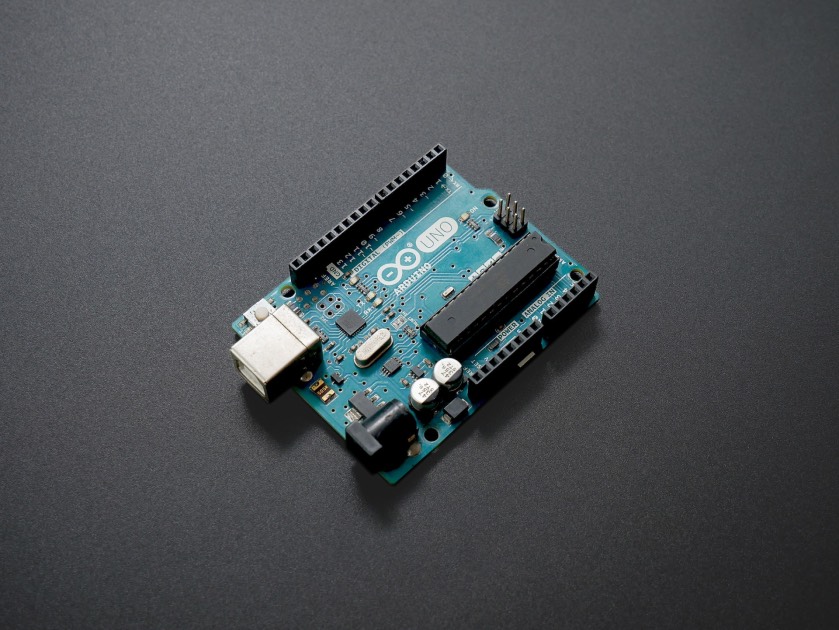
The electronics industry, particularly in Printed Circuit Board (PCB) manufacturing, is increasingly embracing sustainability as a core principle. The pursuit of eco-friendly practices throughout the PCB manufacturing and assembly process has become imperative, aiming to minimize environmental impact, reduce waste, and promote a more sustainable future.
The choice of materials significantly influences the sustainability of PCBs. Opting for eco-friendly substrates and materials with lower environmental footprints, such as biodegradable or recyclable options, reduces the environmental impact of PCB production. Additionally, utilizing reclaimed or recycled materials whenever feasible further enhances sustainability efforts.
The shift towards lead-free manufacturing processes has been a significant stride in sustainable PCB assembly. Lead-free soldering not only complies with environmental regulations but also minimizes the environmental risks associated with lead contamination, promoting safer and greener assembly practices.
Efforts to minimize waste generation and promote recycling play a crucial role in sustainable PCB manufacturing. Implementing efficient waste management systems, including recycling solder materials and reusing scrap PCBs or components, significantly reduces the environmental footprint of the manufacturing process.
Embracing energy-efficient practices and adopting green technologies contribute to sustainability in PCB manufacturing. Utilizing renewable energy sources, optimizing production lines to reduce energy consumption, and investing in energy-efficient machinery all contribute to a more sustainable manufacturing ecosystem.
Conducting comprehensive lifecycle assessments allows manufacturers to understand the environmental impact of PCBs from production to disposal. Embracing extended producer responsibility involves manufacturers taking accountability for the environmental impacts of their products, encouraging responsible disposal and recycling.
Collaboration within the industry and adherence to stringent environmental standards are pivotal for advancing sustainability in PCB manufacturing. Engaging in partnerships, sharing best practices, and complying with globally recognized environmental certifications drive the industry towards greener practices.
The pursuit of sustainability in PCB manufacturing is an ongoing journey marked by continuous improvement. Innovations in materials, processes, and technologies continue to offer opportunities for further environmental advancements, promoting a more sustainable and eco-conscious electronics industry.
Sustainability practices in PCB manufacturing and assembly are no longer mere options but essential strategies for responsible and ethical production. By prioritizing eco-friendly materials, reducing waste, embracing energy efficiency, and fostering industry collaboration, the electronics industry can pave the way for a more sustainable future, balancing technological advancement with environmental stewardship.